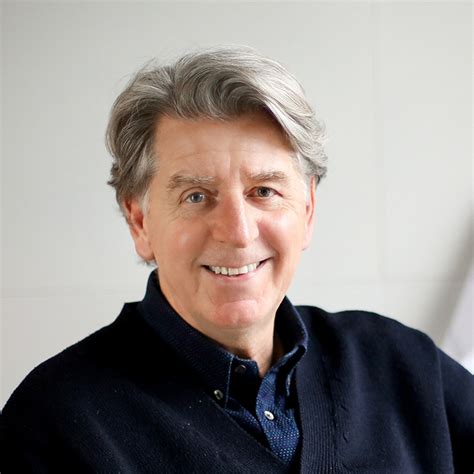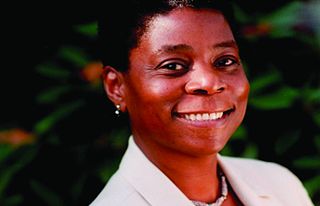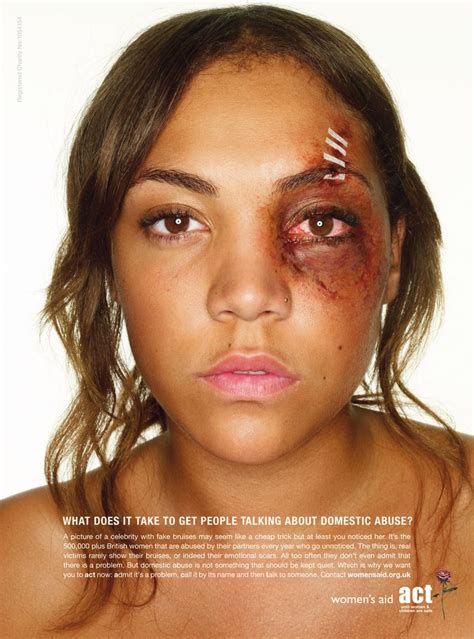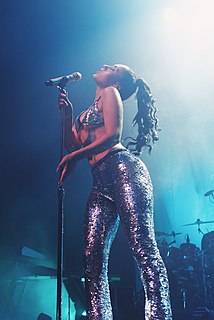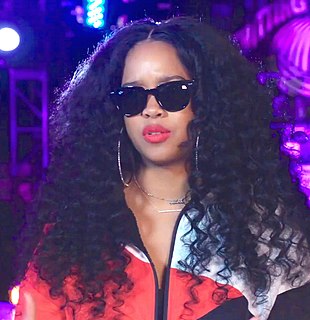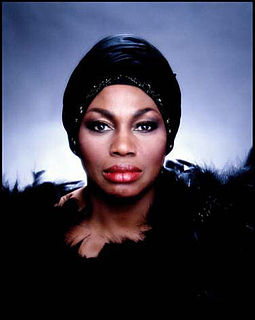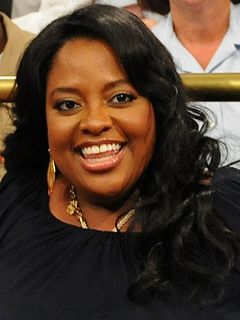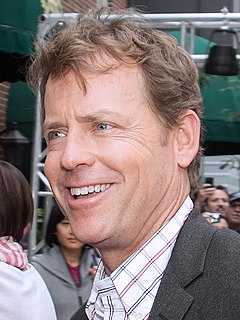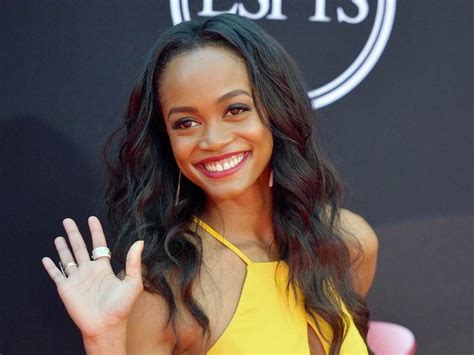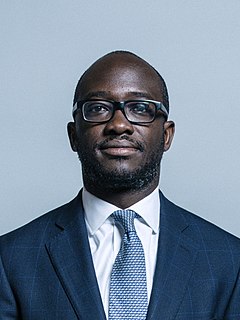A Quote by Ian Simpson
Growing up in the suburbs, the worst part was definitely being black. The best part was maybe also being black. Just having that perspective, being on the outside while also being on the inside. That's kind of how I've felt my whole life.
Related Quotes
One of the facets of growing up the way I did, I never had the experience of being solely in the black community. Even my family, my mother is what they call Creole, so she's part French, part black, and grew up in Louisiana. It's a very specific kind of blackness that is different than what is traditionally thought of as the black community and black culture. So, I never felt a part of whatever that was.
I felt like it was a courageous show [Black-ish] from the beginning. We are a black family - we're not a family that happens to be black. But the show is not even about us being black. The show is about us being a family. That is groundbreaking - on TV, the black characters either happen to be black or they're the "black character," where everything they say is about being black. I think that's the genius.
But if you think about a practical implication of enriching your life and giving you a sense of being part of a larger cosmos and possibly being able to use this [gravitational waves] as a tool in the future maybe to listen not just to black holes colliding, but maybe listen to the big bang itself, those kind of applications may happen in the not too distant future.
I don't know if I have a favorite part of being an artist. I do love being onstage and performing with my band. I also love rehearsing with them and creating the show, that's always a fun part. But there's also nothing like being in the studio and being able to get back to myself and get back to my feelings.
There is a gambling element to being somebody who is going to take on the job of constantly trying to represent and prop up people who might be somewhat shady. That notion is probably part of how they got the rap. But, I have to find the balance of being colorful, being at times despicable, and also being somebody who does believe in something.
Knowing that I was potentially going to be the first black Bachelorette actually held me back from wanting to do it. With the first, there's always so much pressure. And I knew I was going to be new to the audience as a lead for a number of reasons - being over 30, being a career woman, and also being black.
